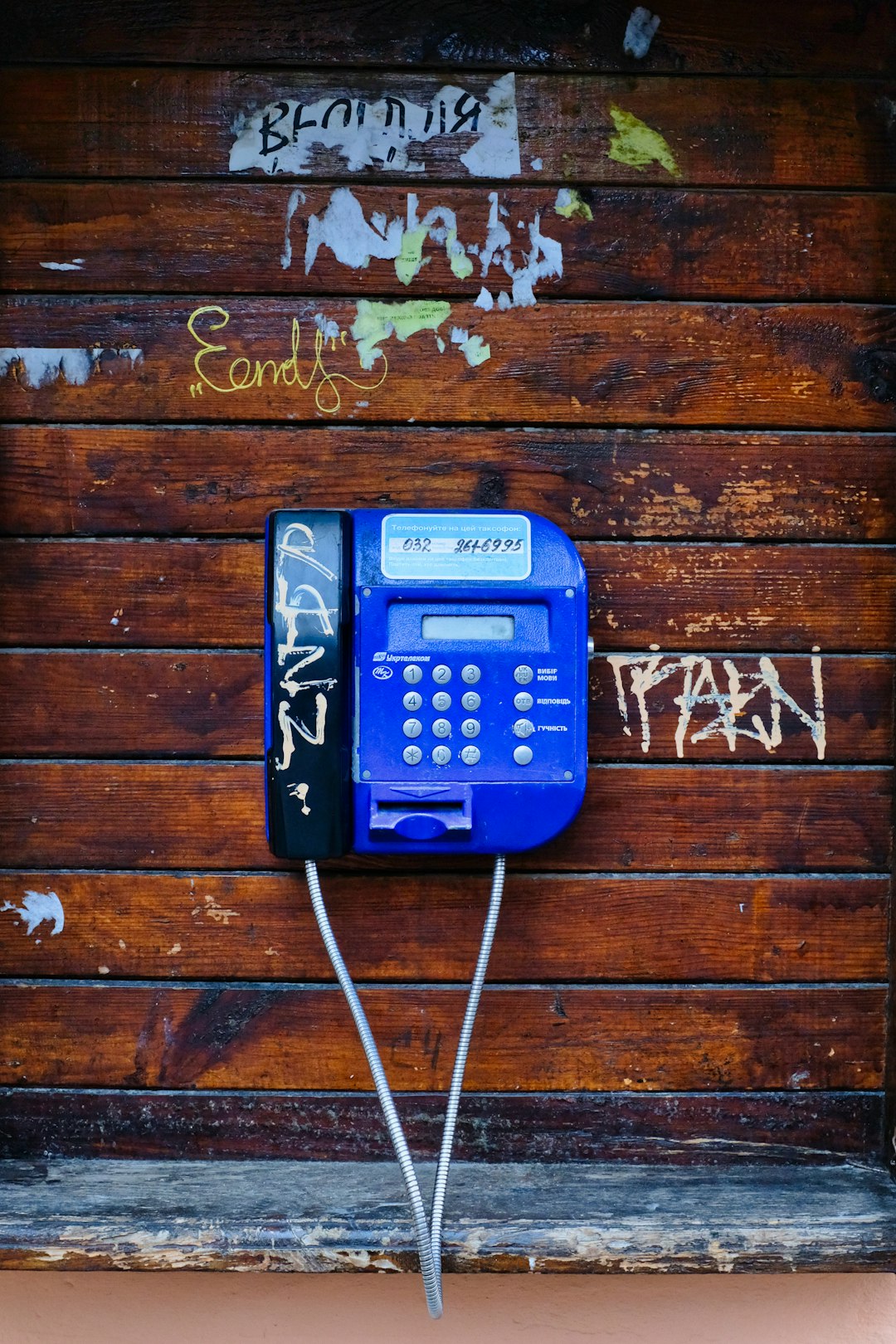Spam texts are a growing problem in Washington, but consumers have protections. The Attorney General's Office tackles this issue through investigations and legal action. Washington residents can fight back by registering on the National Do Not Call Registry and using carrier tools to block spam. For local or out-of-state spammers, consulting spam texts lawyers in Washington is recommended to enforce consumer protection laws. Documenting and reporting unsolicited messages is crucial, aiding lawyers in building cases against perpetrators. Legal assistance from these specialists simplifies the complaint process, navigates complex regulations, and protects individuals' rights regarding text messaging practices.
Tired of unwanted text messages, or spam texts, flooding your phone? You’re not alone. In Washington, consumer protection laws are in place to combat this nuisance. This article guides you through every step of dealing with spam texts, from understanding their legal implications and recognizing them, to filing complaints and seeking recourse from spam texts lawyers in Washington. Learn effective strategies to protect yourself and your privacy.
Understanding Spam Texts and Their Legal Implications in Washington

Spam texts, or unsolicited text messages promoting products, services, or scams, are a common nuisance in today’s digital age. In Washington, as in many other states, these messages have legal implications, especially when they violate consumer privacy and rights. The Washington State Attorney General’s Office plays a crucial role in combating spam texts by investigating complaints and taking legal action against violators.
Washington consumers who receive spam texts have several options. They can register their phone numbers on the National Do Not Call Registry to limit marketing calls and texts. Additionally, many wireless carriers offer tools to block spam messages. If a consumer believes they’ve received spam texts from a Washington-based company or an out-of-state entity targeting Washington residents, consulting with spam texts lawyers in Washington can be beneficial. These legal professionals can help navigate the complexities of consumer protection laws and ensure that individuals’ rights are upheld.
The Consumer's Role: Recognizing and Documenting Unwanted Text Messages

When it comes to dealing with spam texts, consumers in Washington play a crucial role in initiating the complaint process. The first step is to recognize and document the unwanted messages. Consumers should keep a record of all suspicious or unsolicited text communications, including timestamps, content, and any personal information shared. This documentation is vital when filing a complaint with the appropriate authorities.
By documenting these interactions, consumers can provide concrete evidence that assists Washington spam lawyers in building strong cases against perpetrators. It’s essential to remember that each text message can serve as a potential lead in uncovering larger patterns of illegal activity. Therefore, being diligent and methodical in recording these incidents contributes significantly to the overall fight against spam texts.
Filing a Complaint: Navigating the Process with Washington's Regulatory Bodies

Filing a complaint about spam texts in Washington is a crucial step in halting unwanted and often fraudulent communications. The process involves navigating several regulatory bodies, each with its own procedures. Start by identifying the nature of the spam text—is it advertising, phishing, or both? This determination will guide you to the appropriate agency. The Federal Trade Commission (FTC) oversees consumer protection against misleading or deceptive practices, including spam. For texts with a local focus, the Washington State Attorney General’s Office offers a dedicated hotline for reporting spam and other consumer complaints.
Engaging spam text lawyers in Washington can significantly streamline this process. Legal experts specializing in telecommunications law can guide you through the regulatory landscape, ensuring your complaint is filed correctly. They may also assist in negotiating with the offending entities or representing you if legal action becomes necessary. Remember, timely action is key; documenting evidence of the spam texts and keeping records of any interactions will be invaluable during this process.
Legal Recourse: The Role of Spam Text Lawyers in Washington

In Washington, consumers dealing with spam text messages have legal recourse and can enlist the help of specialized spam texts lawyers. These professionals play a crucial role in navigating the complexities of consumer protection laws regarding unsolicited text communications. With the rise of mobile marketing, spam texts have become a prevalent issue, leading to numerous complaints.
Washington state has specific regulations in place to protect consumers from unwanted text messages, often referred to as “do-not-call” or “do-not-text” lists. Spam texts lawyers are well-versed in these laws and can guide affected individuals through the process of filing a complaint with relevant authorities. They also have the expertise to take legal action against violators, seeking damages and ensuring that businesses adhere to consumer rights regarding text messaging practices.
Effective Strategies for Preventing Future Spam Texts and Protecting Your Rights

To effectively prevent future spam texts and protect your rights in Washington, consider taking proactive measures. First, register your phone number with the National Do Not Call Registry. This federal list restricts telemarketers from contacting you unless they have your prior consent. Additionally, many states, including Washington, have their own do-not-call lists that further limit unwanted calls and texts.
Engaging the services of spam texts lawyers in Washington can also be beneficial. Legal professionals specializing in telecommunications law can guide you through reporting processes and help draft cease-and-desist letters to stop persistent spammers. They can additionally represent you in legal actions if necessary, ensuring your rights are enforced and you receive appropriate compensation for any harassment or financial loss incurred due to spam texts.






